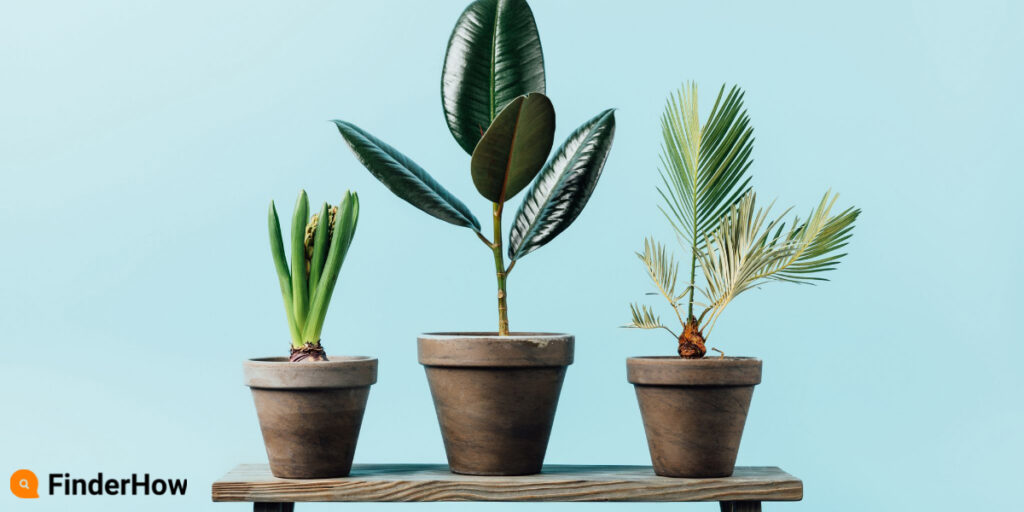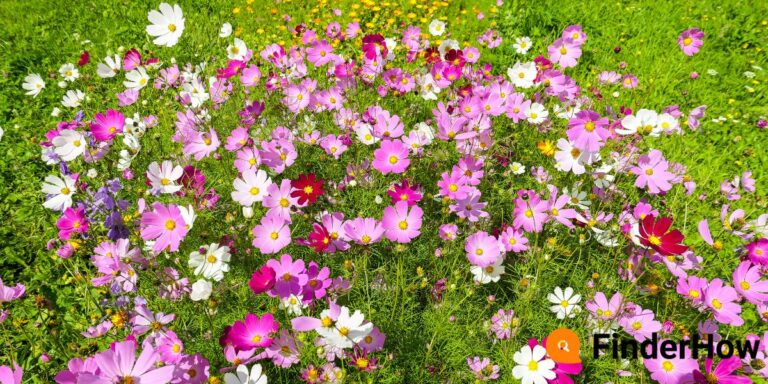Gardening tips for beginners to have a beautiful garden
Gardening can be a rewarding and enjoyable hobby, but it can also be intimidating for beginners. With so many plants, tools, and techniques to choose from, it’s easy to feel overwhelmed. However, with the right knowledge and approach, anyone can become a successful gardener. In this article, we will provide you with some gardening tips for beginners to have a beautiful garden
Start Small
It’s tempting to want to transform your entire yard into a lush garden oasis, but it’s important to start small. Choose a small area of your yard or even just a few containers to begin with. This will allow you to focus your efforts and learn the basics without getting too overwhelmed.
Having the Right Soil
One of the most important factors in successful gardening is having the right soil. The soil is the foundation of your garden and provides the nutrients that plants need to grow. Before planting anything, it’s important to test your soil to determine its pH level and nutrient content. You can purchase a soil testing kit at your local garden center or online. Once you know what type of soil you have, you can amend it as needed. For example, if your soil is too acidic, you can add lime to raise the pH level. If it’s too alkaline, you can add sulfur to lower the pH level. You can also add organic matter such as compost or aged manure to improve the soil’s structure and fertility.

Choose the Right Plants
When selecting plants for your garden, it’s important to choose ones that are well-suited to your climate and growing conditions. Some plants require full sun, while others prefer partial shade. Some plants need a lot of water, while others are drought-tolerant. It’s also important to consider the mature size of the plants you choose. Make sure they have enough space to grow and won’t become overcrowded as they mature. Additionally, consider planting a mix of annuals and perennials so that you have color in your garden throughout the growing season.
Water Wisely
Watering is essential for plant growth, but it’s important to do it wisely. Overwatering can lead to root rot and other problems, while underwatering can cause plants to wilt and die. The best time to water your garden is in the morning, as this allows the plants to absorb the water before the heat of the day sets in. Water deeply and infrequently, rather than giving your plants a light sprinkling every day. This encourages deep root growth and helps your plants become more drought-tolerant.
Prune Regularly
Regular pruning can help keep your plants healthy and promote new growth. Remove any dead, damaged, or diseased branches as soon as you notice them. Prune back any overgrown branches to maintain the shape and size of your plants.
Control Pests and Diseases
Pests and diseases can quickly destroy a garden if left unchecked. The best way to control them is through prevention. Keep your garden clean and free of debris, as this can harbor pests and diseases. Use organic pest control methods such as insecticidal soap or neem oil instead of harsh chemicals. If you do notice pests or signs of disease, act quickly to control them before they spread. Remove infected plants and dispose of them properly to prevent further contamination.
Harvest at the Right Time
Knowing when to harvest your crops is essential for getting the best flavor and nutritional value. Different plants have different harvest times, so it’s important to research each one individually.
In general, vegetables should be harvested when they are fully mature but before they become overripe. Fruits should be harvested when they are fully ripe but before they start to spoil. Herbs can be harvested throughout the growing season as needed.
Learn from Your Mistakes
Gardening is a learning process, and everyone makes mistakes. Don’t get discouraged if your first attempts at gardening don’t go as planned. Take note of what went wrong and try again next season.
Conclusion
Gardening can be a fun and rewarding hobby for beginners, but it does require some knowledge and effort. By starting with the right soil, choosing the right plants, watering wisely, controlling pests and diseases, and harvesting at the right time, you can create a beautiful and productive garden that will provide you with fresh produce and a sense of accomplishment.



